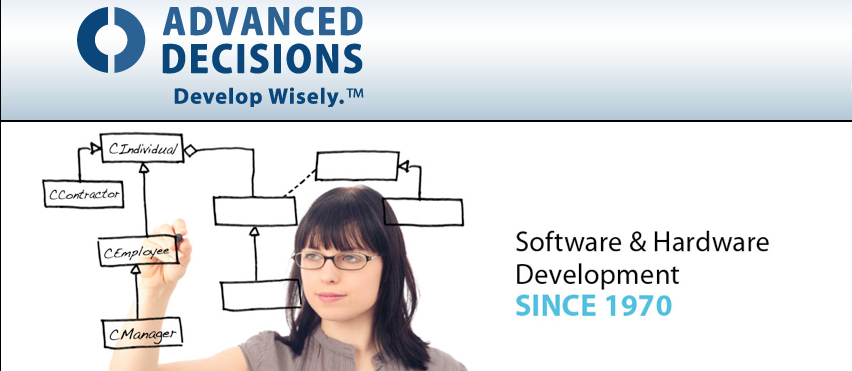In mid May, I was offered the amazing opportunity to be part of the inaugural Global Women’s Leadership Institute, held in Saudi Arabia. The purpose of the institute was to develop women leaders and create a cross-cultural network of those women leaders.
Once I was accepted into the program, reality set in. Two weeks in a very conservative Muslim country - What would I wear? What local customs are important to know and follow? Would I be able to run outside, or would I have to resort to the dreaded treadmill? Could I learn enough Arabic to be polite (Hello, Please, Thank you, etc.) before I go? We had an orientation, which answered most of my questions, but the most notable thing was the caliber of the women – CEOs from a variety of industries, Heads of Non-Profits and NGOs, women from State and National Government as well as academics. This was going to be an interesting trip!
After 24 hours of travel, we finally arrived at King Abdullah University of Science and Technology (KAUST) where the program was being held. A good night’s sleep and our adventure began with a tour of the amazing campus. KAUST was designed to rival the worlds’ elite technology universities, and from my point of view, they are off to an amazing start. Some of the highlights included the Nuclear Magnetic Resonance (NMR) Laboratory with ten of the largest electromagnets in the world and the Visualization lab, where we were able to see a picture of El Capitan at a resolution high enough that we were able to zoom in far enough to see license plates on the cars. Perhaps the highlight of the visualization lab was the 3D chamber, where we put on a set of goggles and a hat with motion and position sensors had the sensation of entering an atom. I could see it all around me, and as I moved my head, it moved too – amazing!
During this tour, we began to get to know each other. I have to confess – initially their outer clothing made me feel like we were different, but it wasn’t long before that feeling went away. Just like us, some of them were more outgoing, some more thoughtful, some quietly funny, and even a poet in the group.
The syllabus was chocked full, so the interesting conversations took place offline. I had so many misconceptions, like, how do you marry if you can’t talk with men you’re not related to? Answer, they actually do talk with men. Another – how can you run a business if you can’t handle money – Answer – they can and do handle money. I had so much misinformation about Saudi culture, but they set me straight. One of the most amazing things about the trip is how fast Saudi society is changing. The Saudi women come from a culture where women in the recent past have had very few rights and opportunities, now they instrumental making changes. One of the women is an executive at the Jeddah Chamber of Commerce where previously women had not even been involved. Many Saudi women own and run businesses, including doing business with men, One is the head of the Saudi National Dialog, one of King Abdullah’s pet projects whose aim is to get people talking, in a constructive way, about the contentious issues of the day.
Another example of rapid change is in voting. Women currently can’t vote, even in municipal elections. The women I met all fully expect that to change by the next election in 2011. In fact, some of them are even working on projects to prepare women to run!
One of my favorite parts of the trip was learning more about Islam. Unlike the United States, where we work hard to separate religion from government and business, religion is their culture. The Quran is their law, and religion permeates everything they do. Five times a day the Adhan sounds, a beautiful soulful call to prayer coming from every Mosque. Without even knowing what it was, I immediately found it connecting me with that spiritual place in my center, like the sound of Om. The absolute highlight of the trip, was sitting on a rooftop of a building in Old Jeddah at sunset, hearing the Adhan sound across the city, each Mosque on a slightly different timeline, spiritual, spooky, amazing!
Their religious ties were also interesting in other aspects of the program. During a discussion on environmentalism, I learned that Islam teaches that we are all custodians of our planet, that God gave us, and it is a moral obligation to take care of the planet, as if it was a temple. Hmmm, not a bad way to look at things, if you ask me.
The last bit of religion I found interesting is the liberal use of the phrase Insha'Allah (God willing) in a business context. As in, “We hope to have 30 women registered for this program, Insha'Allah.” We may think something like that, but we hardly ever say it!
There’s so much I take for granted. That I can vote, run a business, and for the most part, be judged on merit vs. gender. Although I can’t imagine what it’s like to walk in the Saudi women’s shoes, the closest I can come is the civil rights and women’s movements of the 60’s in the US. The big difference I see is that the changes in Saudi Arabia are happening over a matter of years instead of over a decade or two. I feel truly blessed to have had this opportunity, to meet such amazing women, and gain such clear perspective about both their culture and my own.
